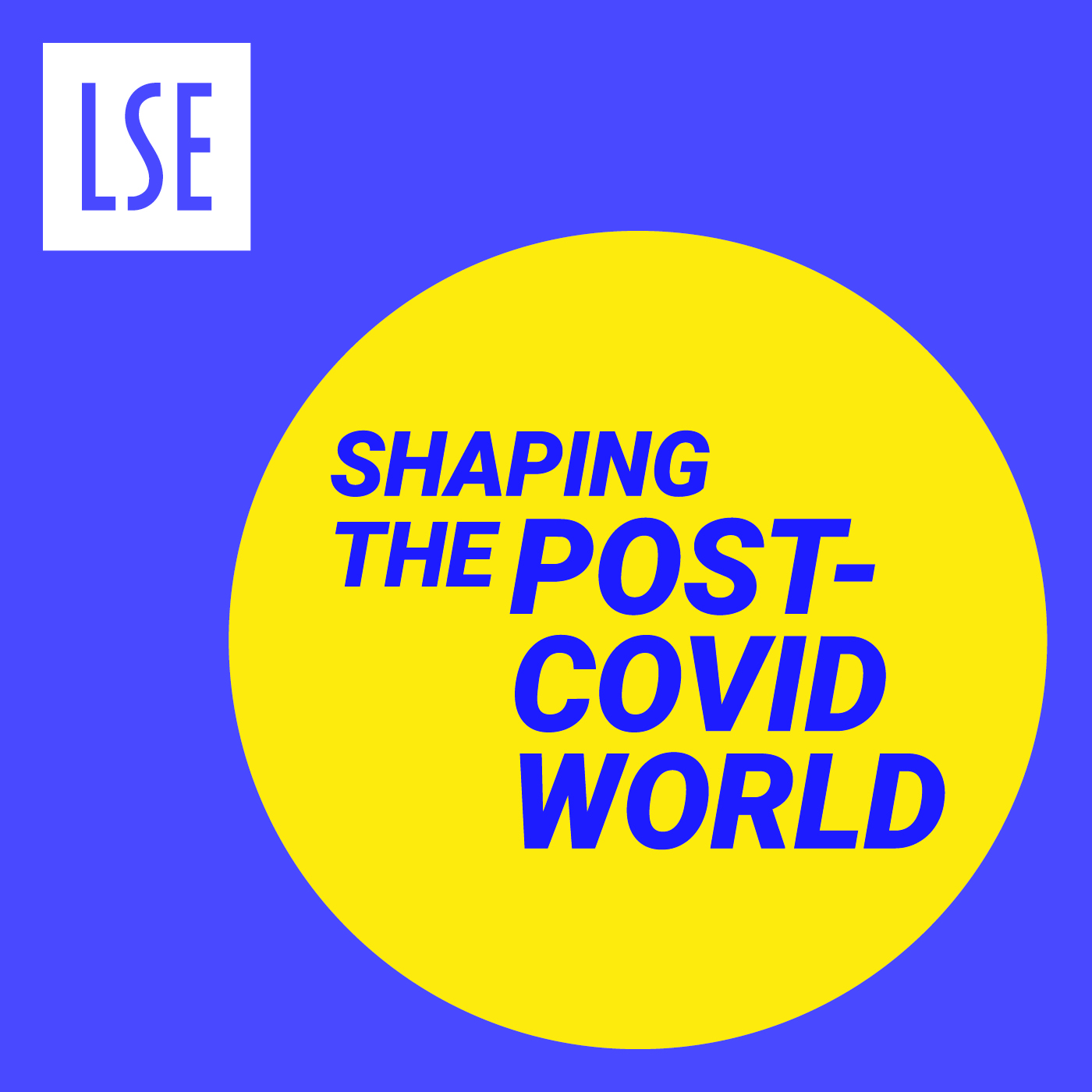The Global Infrastructure Gap: potential perils, and a framework for distinction
Description
Contributor(s): Professor Peter Henry |
In a 2015 communique, the World Bank claimed that rich-country private capital could close the infrastructure services gap, achieve the sustainable development goals, and make money by moving from “billions to trillions” in infrastructure investment in poor countries. This lecture introduces an equilibrium framework. The framework compares a poor country’s social rate of return on infrastructure investment with: (a) the poor country’s return on private capital, and (b) the average rich country’s return on private capital. Applying the framework to the existing, comprehensive cross-country estimates of the social rate of return on infrastructure, reveals, contrary to the World Bank’s claim, that only 7 of 53 poor countries clear the dual-hurdle rate in both paved roads and electricity.
Meet our speaker and chair
Peter Henry (@PeterBlairHenry) is WR Berkley Professor of Economics and Finance and Dean Emeritus at NYU’s Stern School of Business, and Principal Investigator the Ph.D. Excellence Initiative, a post-baccalaureate program that addresses underrepresentation in economics by mentoring exceptional students of color interested in pursuing doctoral studies. He is the author of numerous peer-reviewed articles, as well as Turnaround: Third World Lessons for First World Growth.
Tim Besley is Professor of Economics and Political Science and Sir W. Arthur Lewis Professor of Development Economics at the London School of Economics and Political Science.
More about this event
The Department of Economics (@LSEEcon) at LSE, is one of the leading economics departments in the world. We are a large department, ensuring all mainstream areas of economics are strongly represented in research and teaching.
This event is in honour of W. Arthur Lewis. He taught at LSE from 1938 until 1948 and went on to serve as an economic advisor to numerous African and Caribbean governments. He received a Nobel Prize in Economics in 1979, sharing it with Theodore Shultz, “for their pioneering research into economic development research with particular consideration of the problems of developing countries".
This event also forms part of LSE’s Shaping the Post-COVID World initiative, a series of debates about the direction the world could and should be taking after the crisis.
Twitter Hashtag for this event: #LSECOVID19
Live captions
More Episodes
Published 06/09/22
Contributor(s): Professor G John Ikenberry, Professor Mary Kaldor, Professor Charles A Kupchan, Professor Ayşe Zarakol | Leading experts on world politics take up these questions and others about the future of the liberal world order.
Published 06/09/22
Contributor(s): Dr Annette Zimmermann, Dr Zeynep Pamuk, Professor Jocelyn Maclure, Dr Etienne Brown | Public administrations increasingly use AI to automatise the allocation of public services. Judges use risk-assessment algorithms to determine a person’s eligibility for bail or parole. Social...
Published 05/23/22


